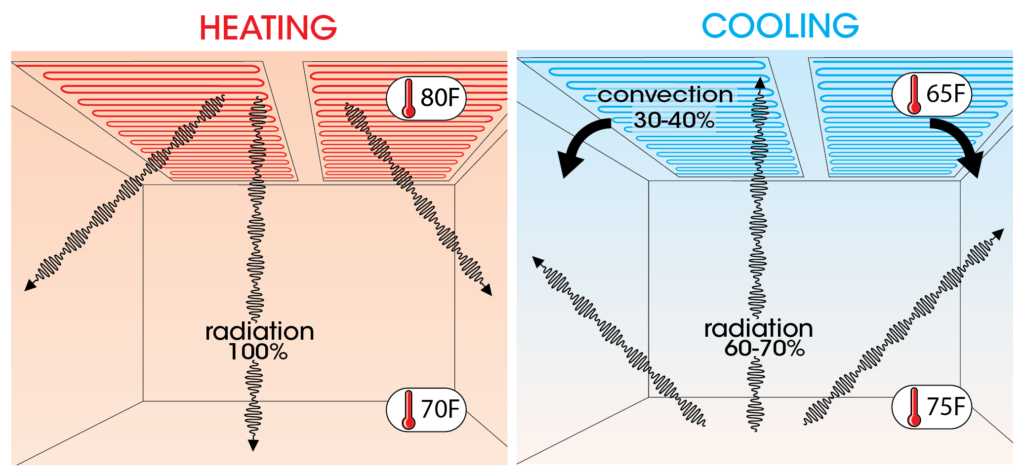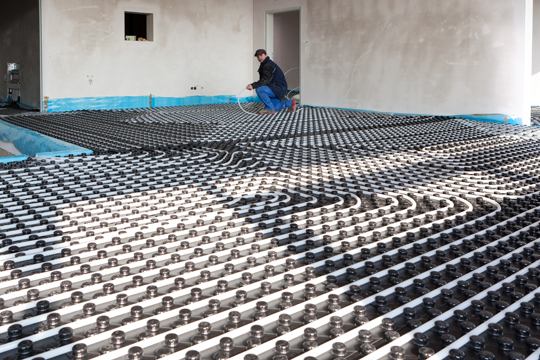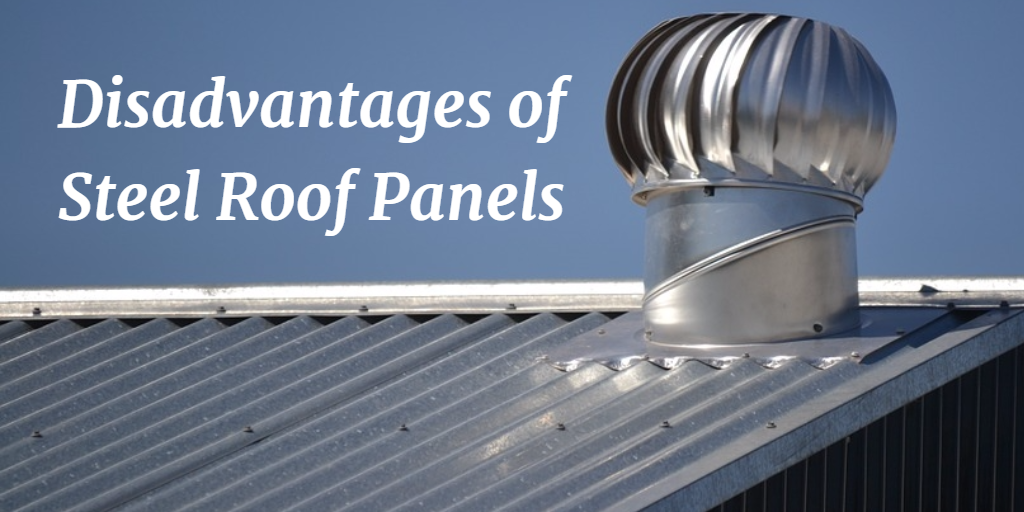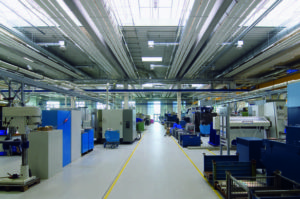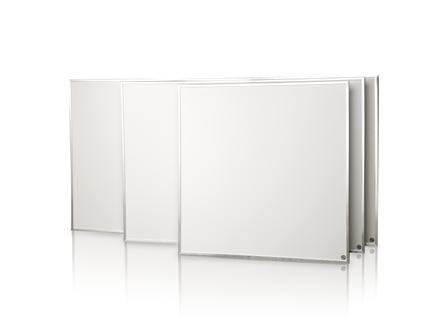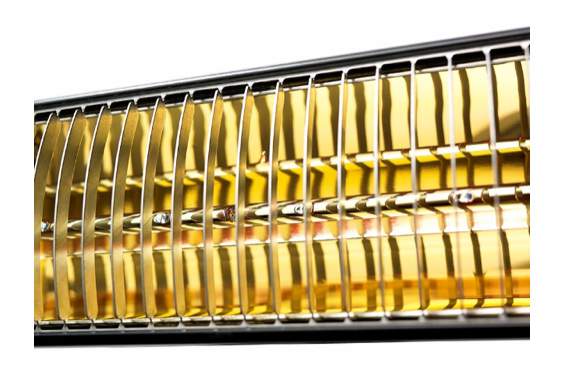Radiant Ceiling Panels Disadvantages

Radiant ceiling panels provide a different means for heating a home.
Radiant ceiling panels disadvantages. Installed in the ceiling and designed to look like a ceiling they produce heat in lieu of traditional heating methods such as a heat pump or oil furnace. This characteristic allows an almost instantaneous improvement in the thermal comfort of a cool room. With three mounting options they can fit any ceiling space helping to offset heat loss through perimeter windows and entrances. Disadvantages of radiant ceiling panels.
The heated ceiling panels are heated in one of three ways. Install them in your bathroom office or studio anywhere you need to keep warm and conserve floor space for activities. Water pipes electric or air flows embedded in the panel. The panels do not require a duct system are dust free and warm up faster than other heating methods.
Difficult to access for repairs. Installed in the ceiling and designed to look like a ceiling they produce heat in lieu of traditional heating methods such as a heat pump or oil furnace. Radiant ceiling panel systems can be used during a building retrofit process while earning points toward leed certification radiant ceiling panels offer temperature gradients so low between ceiling and floor that there is less than one degree of difference. Radiant ceiling panels go where other comfort solutions can t.
Radiant floor heating systems with low thermal mass such as electric ceiling panels release heat almost instantly when turned on.



